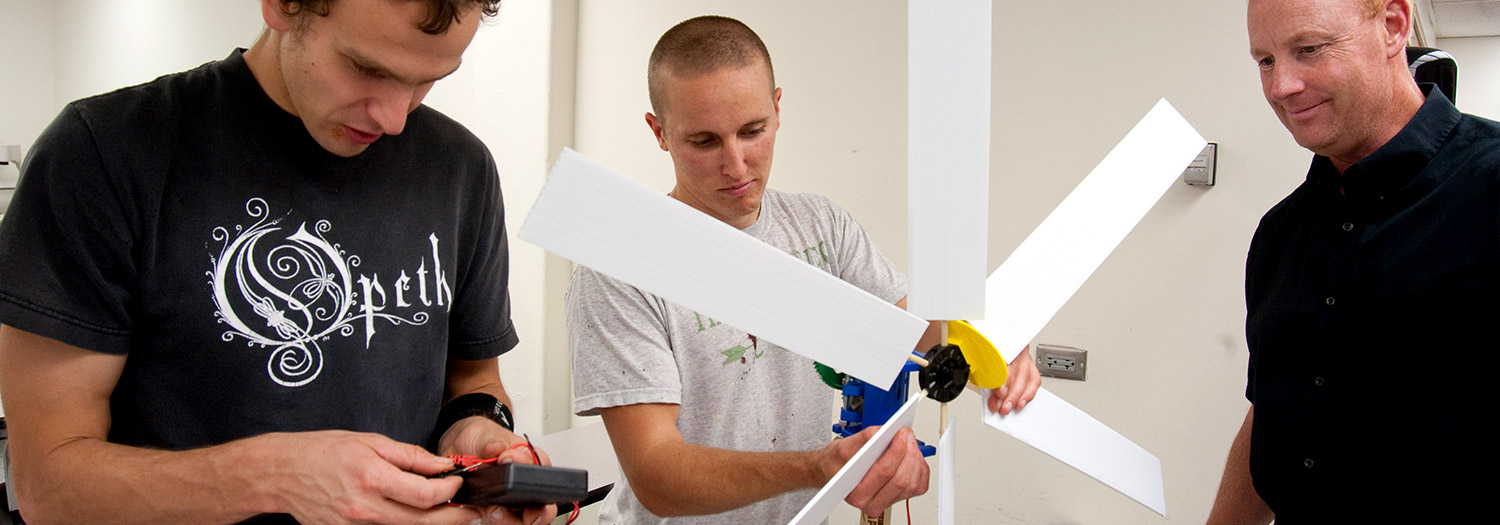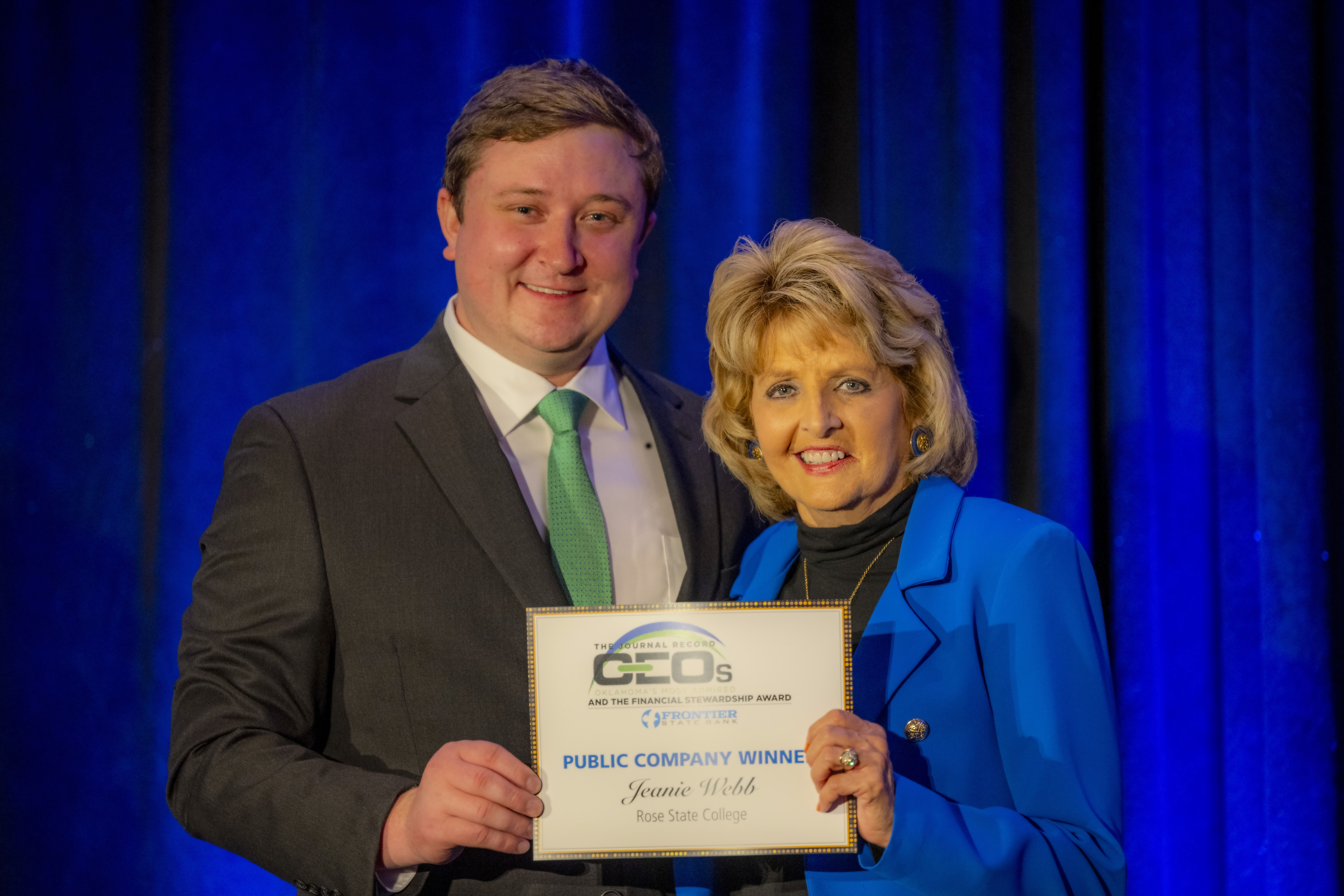Earth and Environmental Science
Atmospheric Science
Atmospheric scientists study weather processes; the global dynamics of climate; solar radiation and its effects; and the role of atmospheric chemistry in ozone depletion, climate change, and pollution. Meteorology, which is a focus of this option, is the study of the atmosphere and atmospheric phenomena, including the weather.
The five primary employers of forecasters and meteorologists are the National Weather Service, National Oceanic and Atmospheric Administration, the military, TV/radio stations, education, and consulting meteorology businesses. There are also many other support scientist/engineer positions related to the technical aspects of atmospheric sciences such as radar, computer science, etc.
Earth Science Education
Earth scientists study the interactions of the geosphere, atmosphere, hydrosphere, and biosphere in terms of Earth’s history and the processes that occur here. Many earth scientists are considered to be geologists. According to the National Science Foundation, about 125,000 geoscientists work in the United States. Many geoscientists are employed by industries related to oil and natural gas, mining, and water resources.
Many others work for federal and state government agencies. Agencies include the U.S. Geological Survey (Department of the Interior), Department of Energy, U.S. Forest Service (Department of Agriculture), National Aeronautics and Space Administration, National Oceanic and Atmospheric Administration (Department of Commerce), Environmental Protection Agency, and the Army Corps of Engineers. State geological surveys or departments dealing with the environment and natural resources all employ geoscientists.
Geology
Natural Resources
This option focuses on environmental natural resources and aligns with state schools that have their environmental science degree under the College of Ag Science and Natural Resources. Life and physical science as well as mathematics are core foundations of this option.
Quality & Safety
This option focuses on environmental quality issues and provides a foundation in solid and hazardous wastes, air quality and industrial hygiene practices. Life and physical sciences as well as a mathematical foundation are integral to this option. The knowledge obtained will strengthen the students’ ability to anticipate, recognize and respond to environmental challenges.
Science & Analytical
This option is designed with less focus on the program requirements and more on the supported and related requirements such as math and physical science. This is designed to align the programs where the focus is environmental engineering. Environmental engineers are tasked with developing sustainable solutions for an expanding global community.
Faculty
Steve Carano
Geosciences Coordinator and Professor
Engineering and Science Division
(405) 733-7561






